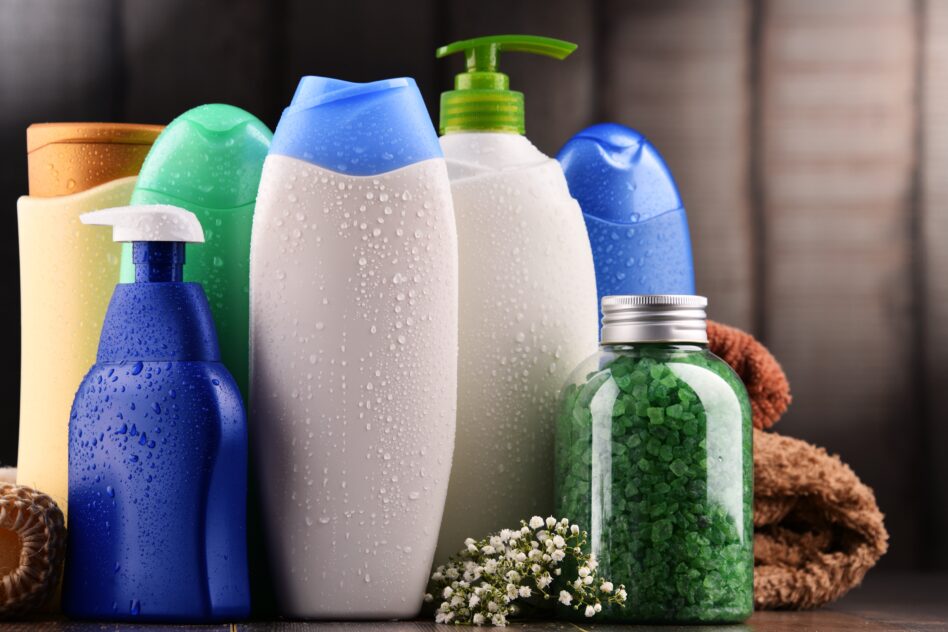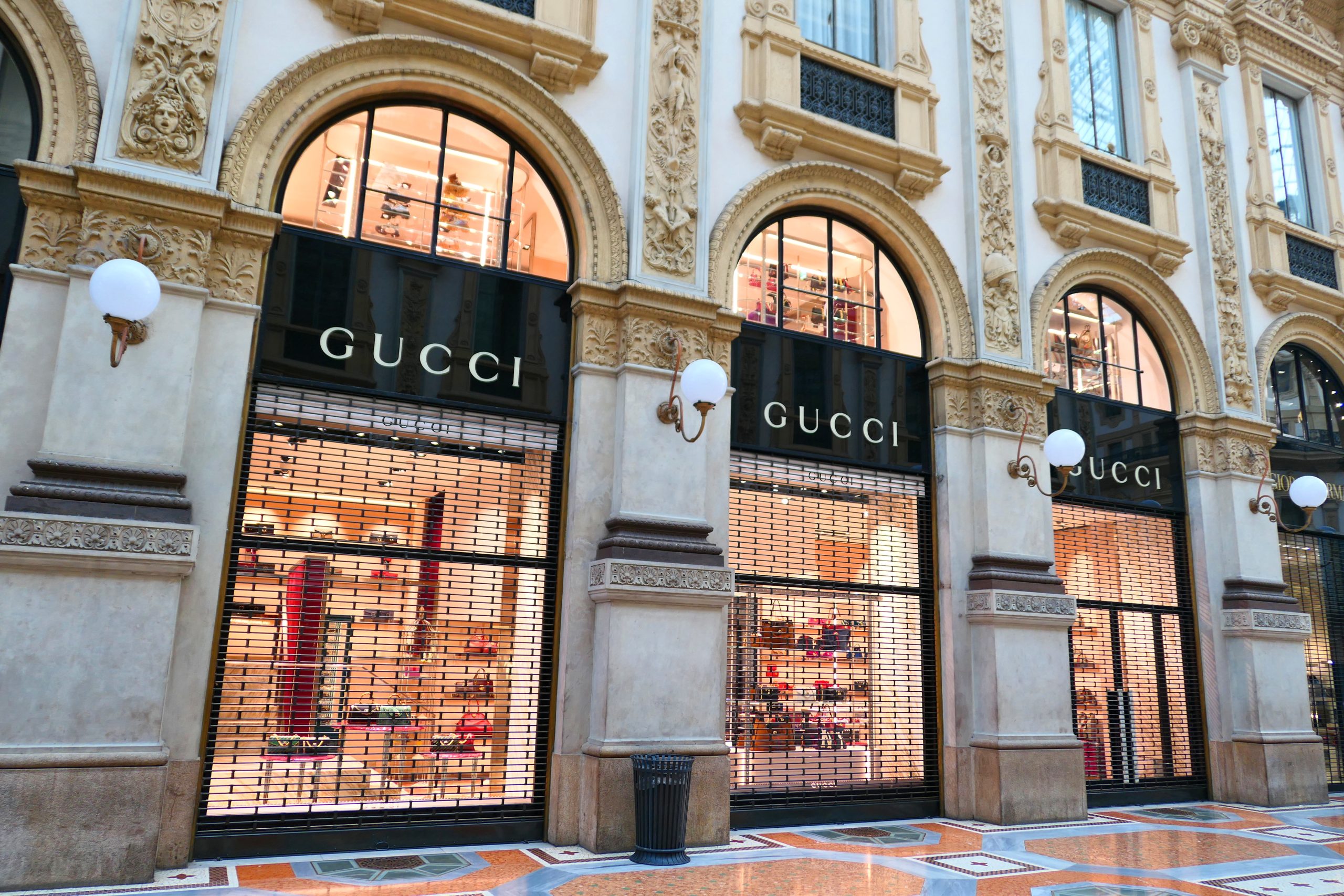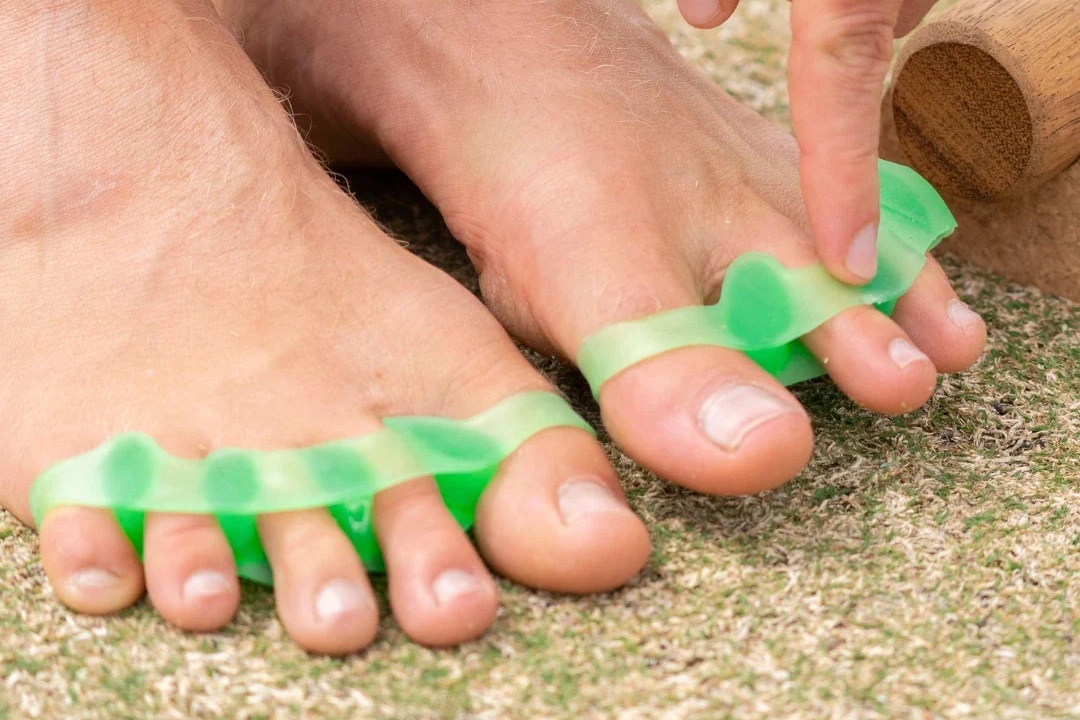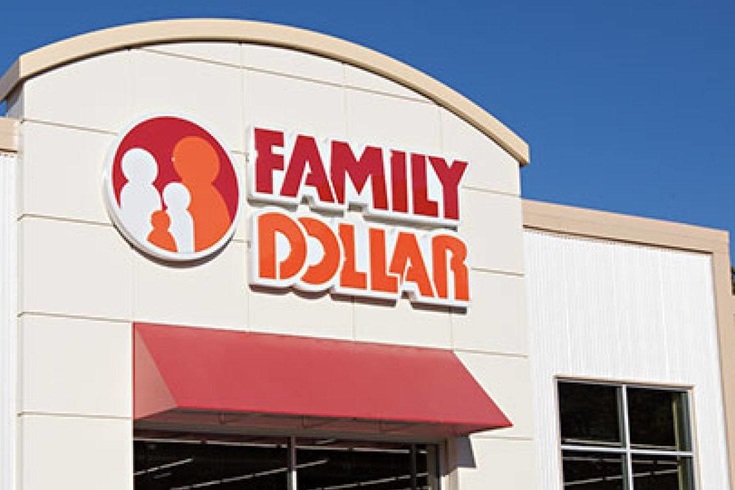
According to household goods manufacturers, sales figures are as good as ever despite double-digit price increases in some cases.
Both European and American companies producing essential items such as pre-packaged food, toothpaste, tissue, and other everyday products, have released reports of Q1 sales for this year, and the figures are looking good.
For example, toothpaste maker Colgate-Palmolive has announced that organic sales figures excluding the impact of current inflation, have risen more than 10% from this time last year. This increase exceeded even Colgate’s best expectations of around a 7% increase. Due to inflation, the overall price of Colgate products is around 12% higher on average. Despite this, overall sales volume was only 2% less than last year. In other words, regardless of the increased price, 98% of customers still continued to purchase the Colgate brand, and that reduction in purchases was minimal.
Many other companies are also enjoying similarly low drop-offs in spite of rising fees. Unilever, the creator and distributor of brands like Hellmann’s mayonnaise and Dove body soap, also reported a minor sales volume decrease of just 0.2% on items currently priced over 10% higher than average.
Some companies, such as Coca-Cola have even enjoyed increases in their volume of sales and are actually up by 1%, even though their unit price is also more than 10% higher than previous.
Even though many companies gauge and report sales figures differently, and there are differences in American and European accounting procedures, nine of the major U.S. and European household goods companies have all disclosed sales volume falls of less than 2% even with a 10% or more increase to unit price. These statistics indicate that the vast majority of customers worldwide have yet to succumb to inflation costs and are continuing to purchase top-shelf products even though there may be cheaper options on the market.
In the U.S. in particular, increased wages are the major component allowing consumers to continue to shop as normal, without having to budget or adjust their shopping habits. It seems that even lower-income families haven’t been as heavily affected as the first forecast either. With that being said, the economy is still suffering and is as unpredictable as ever. According to Unilever, demand is currently greater for household goods than for packaged food, which is the reverse of a couple of years ago.
Kimberly-Clark, the maker of Kleenex, and Reckitt-Benckiser, the UK company behind the Lysol cleaner, were the two companies hit by the biggest decline in sales volume. For Kleenex Q1 figures show a decrease of around 5%, while those of Lysol were down by roughly 4.5%.
In both instances, this decline is influenced by the substantially higher sales figures from the fourth quarter of the previous year. In Lysol’s case in particular, profits were also increased from their usual base due to the Covid variant Omicron still being prevalent throughout much of last year.
So far this year, the stock prices of all nine companies have increased by as much as 7%. Of the group, the European companies have come away better than their American counterparts, with a rise of 10-12% on average. However, if the current global economic crisis continues and begins to severely impact the income of consumers, these companies may be quickly faced with an onset of difficulties. For now, Q1 figures suggest relative stability for the rest of the year, with stock shares staying high and investor backing remaining resilient.

According to household goods manufacturers, sales figures are as good as ever despite double-digit price increases in some cases.
Both European and American companies producing essential items such as pre-packaged food, toothpaste, tissue, and other everyday products, have released reports of Q1 sales for this year, and the figures are looking good.
For example, toothpaste maker Colgate-Palmolive has announced that organic sales figures excluding the impact of current inflation, have risen more than 10% from this time last year. This increase exceeded even Colgate’s best expectations of around a 7% increase. Due to inflation, the overall price of Colgate products is around 12% higher on average. Despite this, overall sales volume was only 2% less than last year. In other words, regardless of the increased price, 98% of customers still continued to purchase the Colgate brand, and that reduction in purchases was minimal.
Many other companies are also enjoying similarly low drop-offs in spite of rising fees. Unilever, the creator and distributor of brands like Hellmann’s mayonnaise and Dove body soap, also reported a minor sales volume decrease of just 0.2% on items currently priced over 10% higher than average.
Some companies, such as Coca-Cola have even enjoyed increases in their volume of sales and are actually up by 1%, even though their unit price is also more than 10% higher than previous.
Even though many companies gauge and report sales figures differently, and there are differences in American and European accounting procedures, nine of the major U.S. and European household goods companies have all disclosed sales volume falls of less than 2% even with a 10% or more increase to unit price. These statistics indicate that the vast majority of customers worldwide have yet to succumb to inflation costs and are continuing to purchase top-shelf products even though there may be cheaper options on the market.
In the U.S. in particular, increased wages are the major component allowing consumers to continue to shop as normal, without having to budget or adjust their shopping habits. It seems that even lower-income families haven’t been as heavily affected as the first forecast either. With that being said, the economy is still suffering and is as unpredictable as ever. According to Unilever, demand is currently greater for household goods than for packaged food, which is the reverse of a couple of years ago.
Kimberly-Clark, the maker of Kleenex, and Reckitt-Benckiser, the UK company behind the Lysol cleaner, were the two companies hit by the biggest decline in sales volume. For Kleenex Q1 figures show a decrease of around 5%, while those of Lysol were down by roughly 4.5%.
In both instances, this decline is influenced by the substantially higher sales figures from the fourth quarter of the previous year. In Lysol’s case in particular, profits were also increased from their usual base due to the Covid variant Omicron still being prevalent throughout much of last year.
So far this year, the stock prices of all nine companies have increased by as much as 7%. Of the group, the European companies have come away better than their American counterparts, with a rise of 10-12% on average. However, if the current global economic crisis continues and begins to severely impact the income of consumers, these companies may be quickly faced with an onset of difficulties. For now, Q1 figures suggest relative stability for the rest of the year, with stock shares staying high and investor backing remaining resilient.



